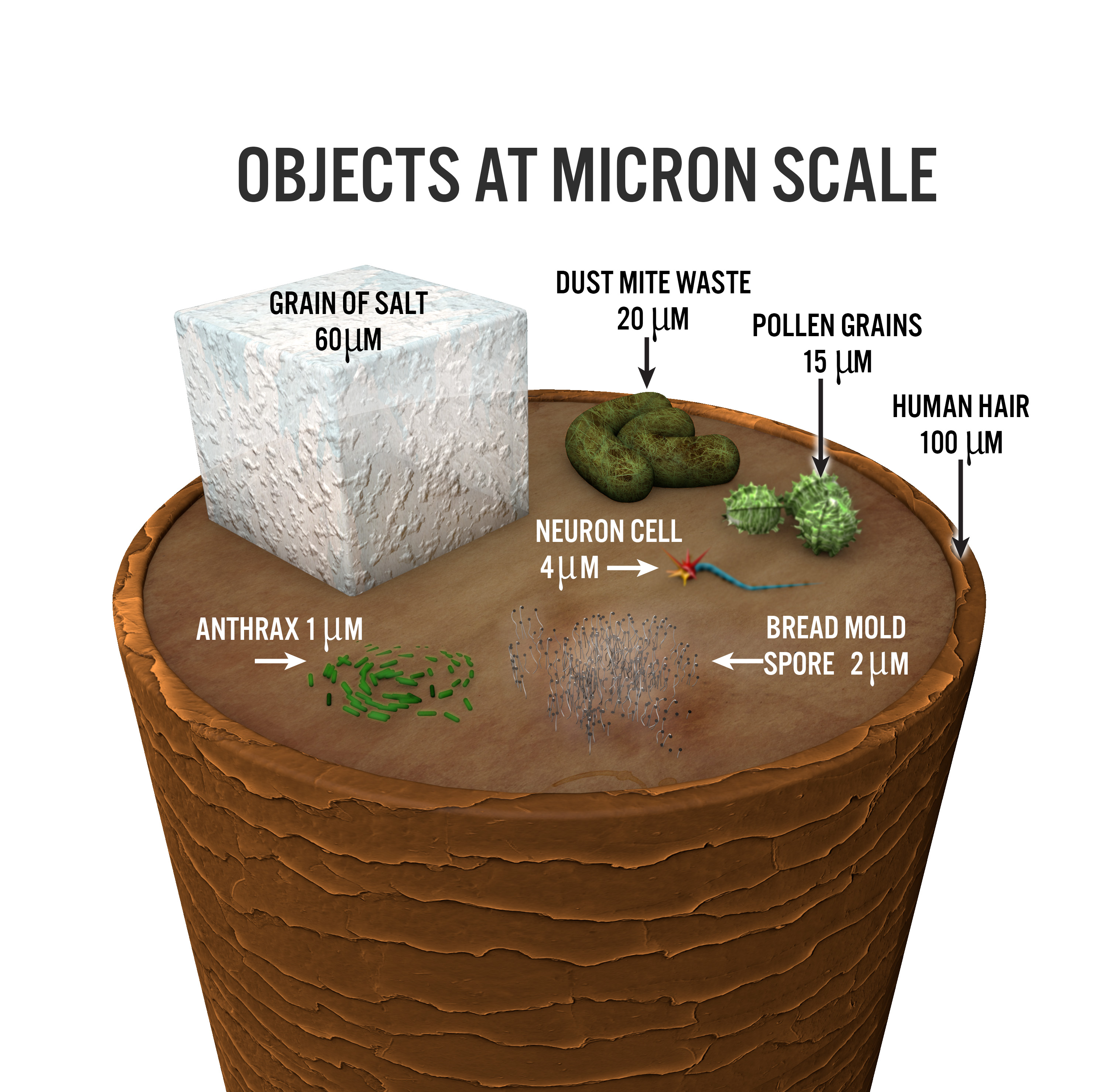Four Things to Know about Microns that Can Change Your Fuel Filtration Game

When considering the range of equipment and components engineered to deliver quality fuel to a consumer, the fuel dispenser filter could easily be considered one of the most valuable players on the forecourt.
That’s because they represent the last line of defense for preventing the distribution of contamination into a vehicle.
But with the vast range of filters out there currently, how do you choose the right one for your fueling operation? After selecting a filter based on the type of fuel dispensed, deciding whether you need it to capture particulates, sense water and/or detect phase separation, it helps to know what a micron is and the impact it can have on fuel filtration.
1. What is a micron?
A micron, also known as a micrometer, is a unit of measurement that is equal to one-millionth of a meter or 1/25,000th of an inch. Generally speaking, the human eye can see substances as small as 40 microns (For example: Human hair is 40-100 microns, a red blood cell is 8 microns, and bacteria is 2 microns).
2. What is a micron rating?
A micron rating indicates the size of the particulate that the filter is designed to capture. The smaller a filter’s micron rating is, the greater its ability to trap contaminants. For instance, a filter with a rating of 30 micron has the capacity to trap particles as small as 30 microns. However, because there isn’t a universally accepted method for measuring the size and number of contaminants that a filter can hold, further information is needed. For this reason, there are several variations of micron ratings – nominal and absolute.
3. What is a “nominal” micron rating?
A nominal micron rating represents the percentage of particulates of a certain size that a filter manufacturer claims the filter can capture. For example, if a 10-micron filter has a nominal rating of 50%, it is rated to trap half of all particulates that are 10 microns or larger. The value does not represent any characteristic of the filter that can be measured against an accepted standard.
4. What is an “absolute” micron rating?
An absolute micron rating, on the other hand, leverages results from laboratory testing to communicate what percentage of particulates of a specific size will be trapped by the filter media. All particles that pass through the filter are counted and measured. For example, a 10-micron fuel filter with an absolute micron rating of 99% contains a filter media that will trap all but 1% of particulates that are 10 microns or larger.
Making the Right Play with Filter Selection
Most dispenser filters on the market are rated between 2-30 microns. Having an understanding of the condition of your fuel components and storage tank, as well as the kind of particulates that can exist within fuel, can help you select a filter with an appropriate micron rating that will ensure the consistent dispensing of clean fuel.
The increasingly competitive marketplace makes it more important than ever for fuel operators to identify aspects of their value stream, such as the delivery of quality fuel, that can boost customer loyalty and drive profits. Fuel dispenser filters are one of the unsung heroes that can contribute to improved customer satisfaction, leading to real and sustained wins for your business operation.





